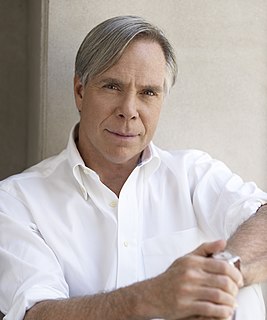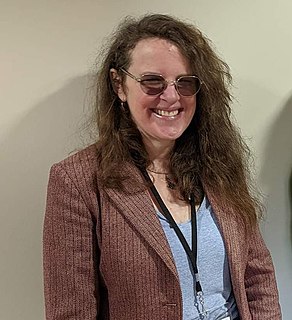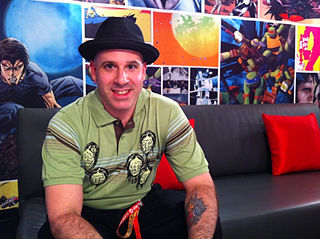A Quote by Kieron Gillen
I’ve always thought that if comics are a part of pop culture [then] they should reflect pop culture, but a lot of the time comics, superhero comics especially, just feed on themselves. For me, comics should take from every bit of pop culture that they can; they’ve got the same DNA as music and film and TV and fashion and all of these things.
Related Quotes
I started drawing comics, and at first I was very influenced by the whole pop art movement, you know, Batman was on TV and all that pop art stuff? But then my next influence was in 1966, or maybe it was '65, I don't know. Somebody showed me a copy of the "East Village Other", which was an underground newspaper. And... it had comics in it! And they weren't superhero comics.
I quit comics because I got completely sick of it. I was drawing comics all the time and didn't have the time or energy to do anything else. That got to me in the end. I never made enough money from comics to be able to take a break and do something else. Now I just can't stand comics. . . . I wish my work would be recognized by a larger crowd of people as more art than be stuck with the cartoonist label for the rest of my life.
The 'medium' is unaware of its attractiveness, that's all. Everyone loves comics. I've proven this to my own satisfaction by handing them out to acountants, insurance brokers, hairdressers, mothers of children, black belts, pop stars, taxi drivers, painters, lesbians, doctors etc. etc. The X-Files, Buffy, the Matrix, X-Men - mainstream culture is not what it once was when science fiction and comics fans huddled in cellars like Gnostic Christians dodging the Romans. We should come up into the light soon before we suffocate.
When I was a kid, back in the '40s, I was a voracious comic book reader. And at that time, there was a lot of patriotism in the comics. They were called things like 'All-American Comics' or 'Star-Spangled Comics' or things like that. I decided to do a logo that was a parody of those comics, with 'American' as the first word.
There are a lot of good comics, no doubt, but as far as the quality of the comics goes, I think what you have is a bunch of situational comics - there are black comics that work only black crowds, gay comics that do only gay crowds, and southern comics that only work down South, and so on with Asian, Latino, Indian, midgets, etc. The previous generation's comics were better because they had to make everybody laugh.
I got into comics about the same time as music. By 12 years old, I had discovered my dad's killer comic book collection filled with Silver Age books from his youth...early Spider-Man, Thor, Fantastic Four, The Hulk, Detective Comics, Action Comics, you name it. Seeing those old books got me interested in new comics, so my friends and I would hit the local comic shop every Saturday to pick up the cool titles of my generation.
I'm a staunch believer in the effect of pop culture - including advertising and the internet - on the young. Pop culture in its narrowest sense - mass-produced film, TV, and music - either truly reflects what's up in youth culture, or it reflects what youth-filled focus groups have told marketing companies that they want to consume.
I never feel there's anything I can't do with comics. There are certain things in comics that you can't do in any other medium: for instance, in Mister Wonderful, Marshall's narration overlaps the events as they're going on. That would be difficult in film; you could blot speech out with a voiceover, but it wouldn't have the same effect. That's always of interest, to see what new things you can do in comics form.





































